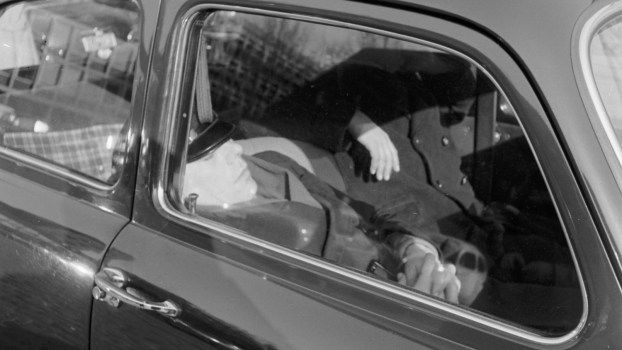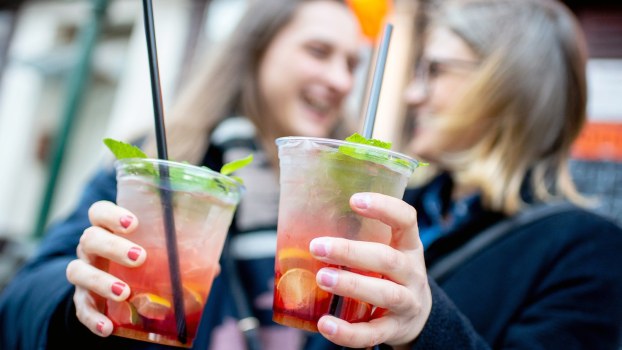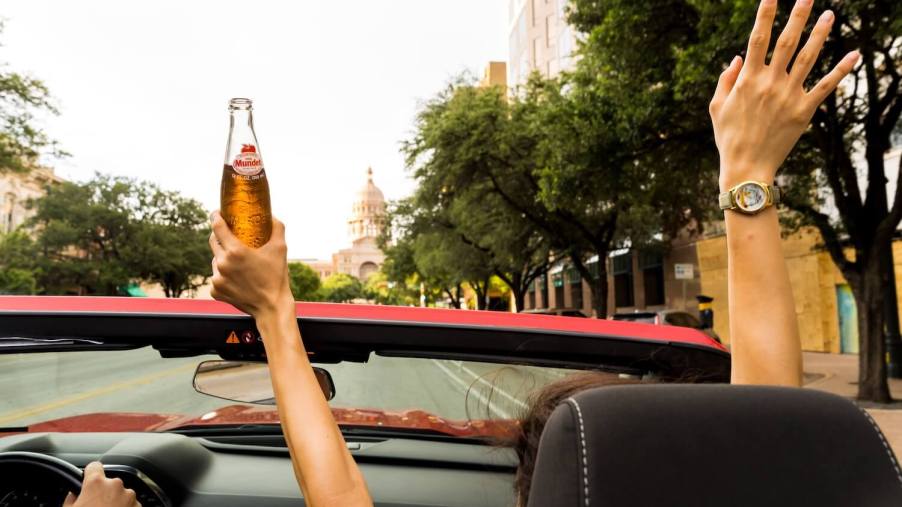
8 States Allow Your Passengers to Drink While You Drive
Summer is in full swing. And on the way to barbecues or the beach, your passengers may ask to crack open a drink in your car. But you will want to research local laws before you say, “alright.” Only 10 states allow passengers to have open containers of alcohol. In two of these states, the passengers may have an open drink but are not allowed to drink it. Find out the interesting reason behind all of these alcohol laws.
Which states allow passengers to have an open container of alcohol?
Alaska, Arkansas, Connecticut, Delaware, Mississippi, Missouri, Rhode Island, Tennessee, Virginia, and West Virginia all allow a vehicle’s passengers to possess open containers of alcohol.
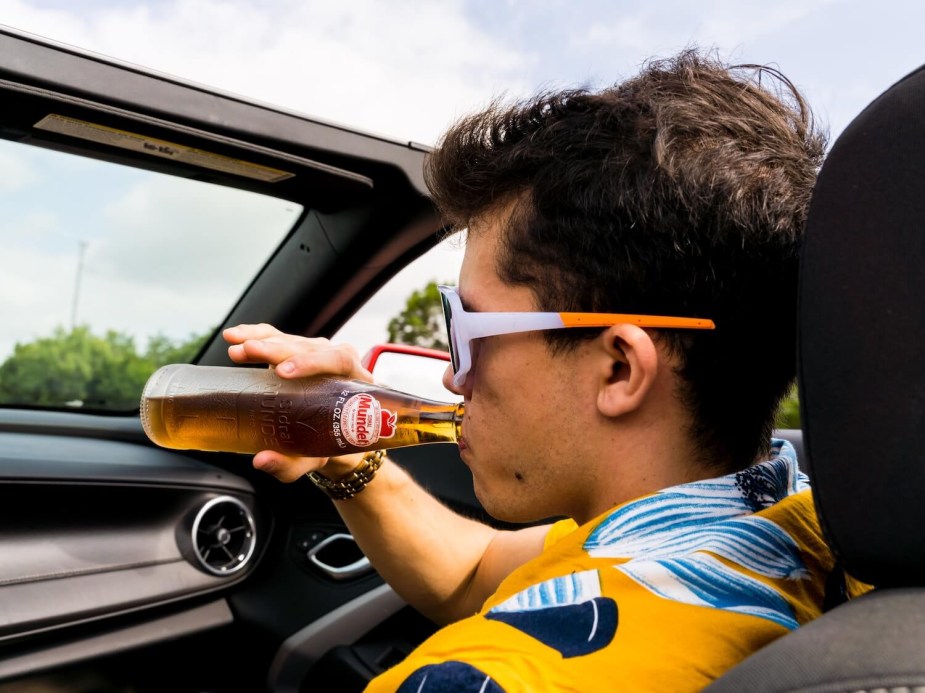
The other 40 states–and the District of Columbia–expressly prohibit passengers from having an open container of alcohol. Note that an “open container” doesn’t mean a cup without a top. It means any container that no longer has its original seal. This includes a flask with a threaded top or a thermos, as well as any open can or bottle.
Arkansas and West Virginia have unique laws
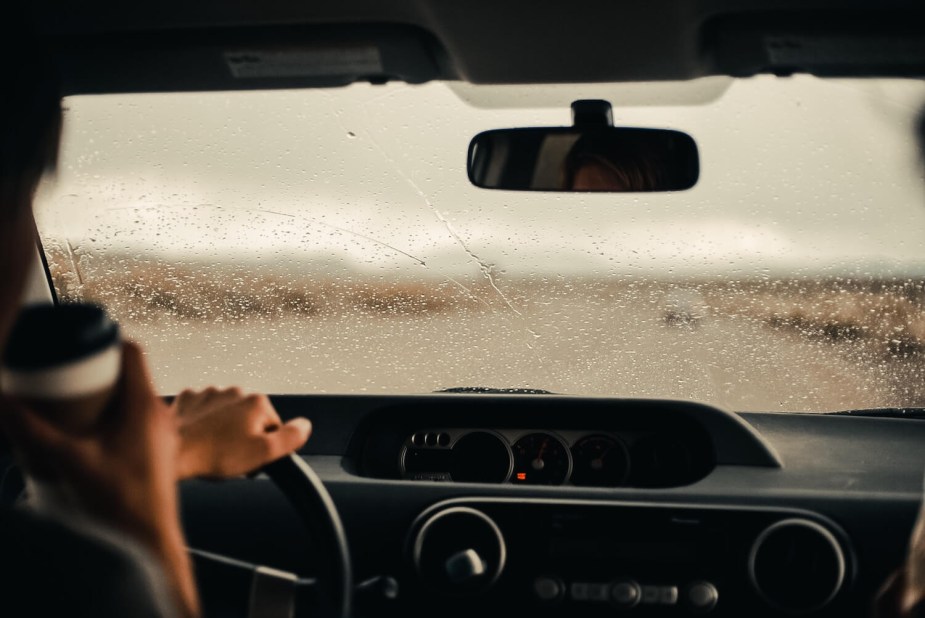
The open container laws in Arkansas and West Virginia are a bit different–according to FindLaw.com. In these states, passengers can possess open containers of alcohol but can not consume them in a moving vehicle.
Why would the law be written this way? Remember that open containers can include flasks or mixed drinks sealed in canteens you might want to transport. This law also allows you to save and transport a bottle of wine or liquor that you began to drink but want to take home. You can even order alcohol from a drive-through and put it in your cup holder. In other states, you would need to lock these drinks in your trunk. But in Arkansas or West Virginia, you can have them on your person.
Virginia also has a unique law. Passengers can technically possess and consume open containers of alcohol. But police can presume this means the driver is also drinking until the driver proves otherwise. So if you are going to let your passengers drink while you drive through Virginia, be prepared to pass a breathalizer test.
Why can’t passengers drink alcohol while you drive?
It makes sense why every state prohibits drinking while you drive: driving under the influence slows your reaction time and puts everyone else on the road in danger. But the reason four out of every five states prohibit your passengers from enjoying alcohol may surprise you.

Many states cite how difficult it is for law enforcement to tell if a driver’s been drinking when a vehicle’s passengers have open alcohol. Some folks claim that drunk passengers could distract the driver.
Despite these reasons, many states allowed passengers to drink in a moving vehicle until 1998. Then the U.S. Congress passed the Transportation Equity Act for the 21st Century. This legislation offered states money for banning open containers in vehicles.
Next, read whether driving naked is illegal or learn more about open containers in motor vehicles in the video below:
